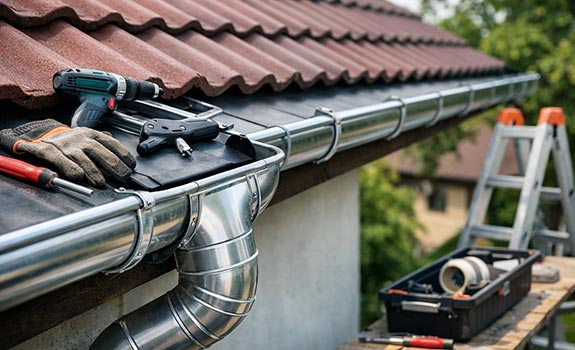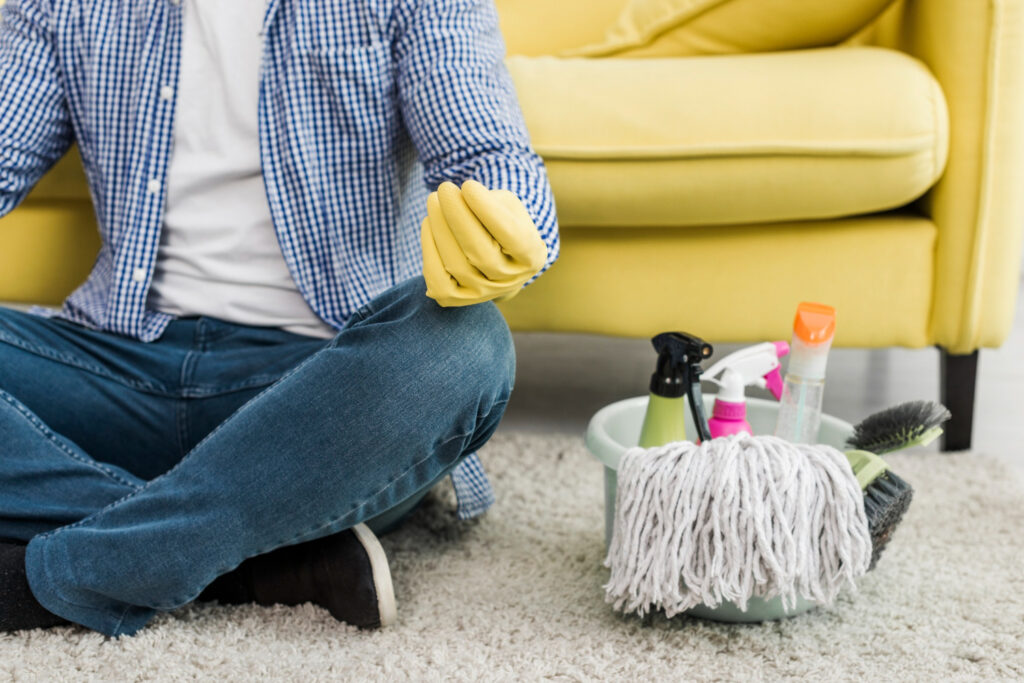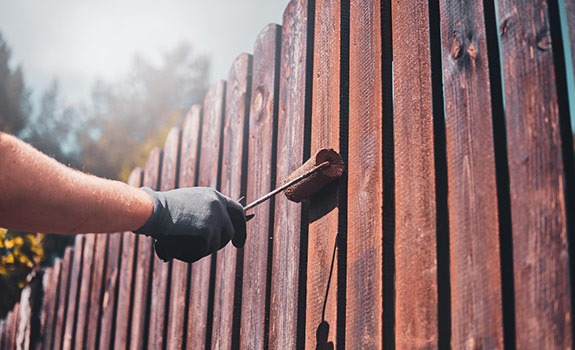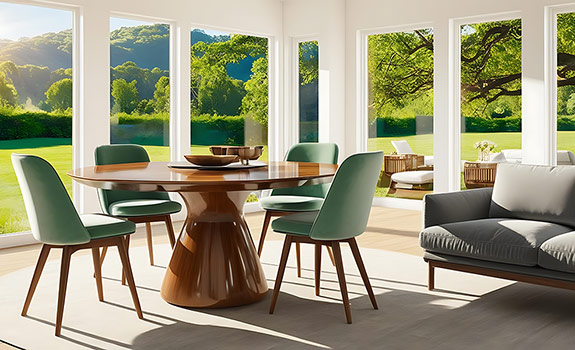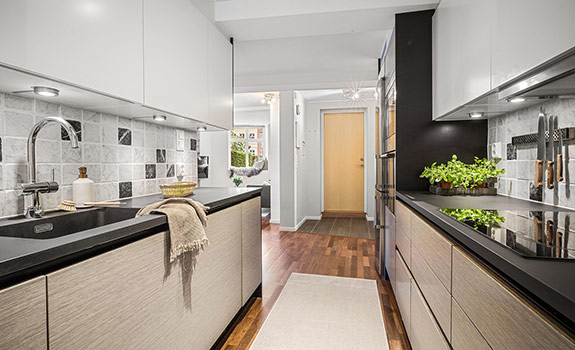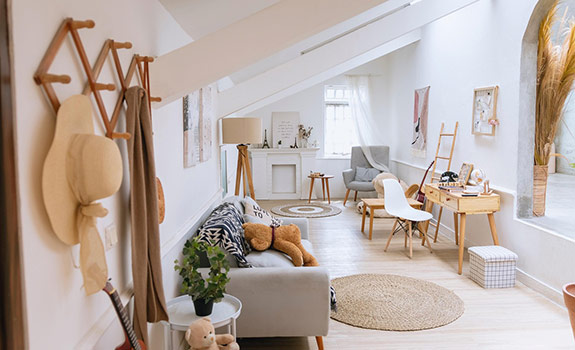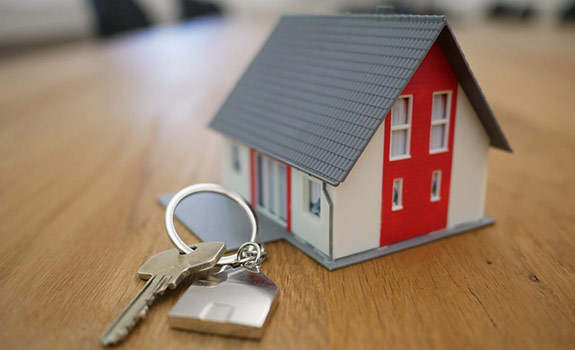Indoor air quality is a growing concern for many homeowners, especially as we spend more time indoors due to weather, work-from-home arrangements, or health precautions. The quality of the air inside your home can significantly impact your health, comfort, and overall well-being. Poor indoor air quality can lead to a host of issues, including respiratory problems, allergies, and even more serious conditions for those with pre-existing health concerns like asthma.
One solution that many people consider is installing a home air filtration system. These systems are designed to remove harmful particles, allergens, and pollutants from the air, leaving your home environment cleaner and safer to breathe. While the idea of an air filtration system is appealing, there are several factors to consider before making a purchase. Like any investment in your home, there are pros and cons to weigh carefully. In this blog post, we’ll dive into both sides of the argument to help you make an informed decision about whether a home air filtration system is right for you.

The Benefits of Installing a Home Air Filtration System
One of the most obvious benefits of installing an air filtration system is the improvement in air quality. Homes can become breeding grounds for a wide variety of pollutants, including dust, pet dander, mold spores, pollen, and even harmful chemicals from household cleaning products. Air filtration systems are specifically designed to capture and remove these particles, resulting in cleaner air circulating throughout your home. This is particularly beneficial for individuals who suffer from allergies, asthma, or other respiratory issues, as cleaner air means fewer allergens and irritants that can trigger symptoms.
Another significant advantage of having a home air filtration system is the potential for long-term health benefits. Exposure to indoor air pollutants can lead to short-term symptoms like headaches, dizziness, and fatigue, but it can also contribute to more serious health problems over time. For those with compromised immune systems or pre-existing conditions, ensuring good indoor air quality is essential to maintaining health. An air filtration system can reduce the presence of contaminants that could aggravate conditions such as asthma or bronchitis, offering peace of mind to homeowners who prioritize their family’s well-being.
Beyond health benefits, air filtration systems can also improve the overall comfort of your home. Cleaner air means a reduction in dust and other particles that can settle on surfaces and furniture, making your home feel cleaner and more comfortable. A high-quality air filtration system can also help reduce the presence of unpleasant odors caused by cooking, smoking, or pets. By filtering out the particles that cause these smells, you can enjoy a fresher-smelling home without relying on air fresheners or other temporary solutions.
In addition to improving health and comfort, a home air filtration system can also boost the overall value of your home. Modern buyers are increasingly aware of the importance of air quality, and having a filtration system already installed can be a selling point for prospective buyers. An air filtration system can be seen as a positive addition to a home, especially in areas where pollution or allergens are a major concern. This investment not only benefits you while you live in the home but could also make your property more attractive when it comes time to sell.
Another often-overlooked benefit of air filtration systems is their ability to enhance the efficiency of your HVAC system. When there’s less dust and debris circulating through your home, your HVAC system doesn’t have to work as hard to maintain proper airflow and temperature. Over time, this can reduce wear and tear on the system, potentially extending its lifespan and reducing maintenance costs. Additionally, by maintaining cleaner air ducts, you’ll improve overall energy efficiency, which can lower your utility bills.
Potential Downsides to Air Filtration Systems
While there are clear benefits to installing an air filtration system, there are also some potential downsides that homeowners should consider before making the investment. One of the most significant drawbacks is the upfront cost. Installing a home air filtration system is not a cheap endeavor, and prices can vary widely depending on the size of your home, the type of filtration system, and the level of customization required. Some basic systems can be more affordable, while high-end models with advanced features like HEPA filters or UV light sterilization can become quite expensive. In addition to the initial installation cost, you’ll also need to factor in ongoing maintenance expenses, such as replacing filters regularly.
Another disadvantage to air filtration systems is that they don’t completely eliminate all indoor air pollutants. While they are effective at reducing many common contaminants, they aren’t perfect. For example, volatile organic compounds (VOCs) emitted from certain household products or materials may not be fully removed by a typical air filtration system. This means that, while your air quality may improve, you’ll still need to take other steps to reduce indoor pollutants, such as ventilating your home properly and avoiding the use of harmful chemicals.
Maintenance is another aspect that some homeowners find burdensome. While an air filtration system can improve air quality, it also requires regular upkeep to function at its best. This includes changing filters, which can be an added expense, and cleaning or servicing the system as needed. If filters aren’t changed regularly, the system may become less efficient or even contribute to the problem by blowing contaminants back into the air. For some homeowners, keeping up with this maintenance schedule can be a hassle, especially if they forget or don’t prioritize it.
The noise generated by some air filtration systems can also be a concern for certain homeowners. While many modern systems are designed to be as quiet as possible, some models can still produce noticeable background noise, particularly when running at higher speeds. This can be bothersome in spaces like bedrooms or living areas where you might prefer a quieter environment. If noise is an issue, it’s essential to research quieter models or systems designed specifically for silent operation.
Another factor to consider is the potential impact on energy consumption. While an air filtration system can improve HVAC efficiency, running the system continuously may increase your home’s overall energy usage. Depending on the type of system you install and how often it runs, you could see a noticeable uptick in your energy bills. Some homeowners find that the energy costs outweigh the benefits of improved air quality, particularly in homes where air pollution or allergens aren’t a major concern. It’s important to weigh the energy consumption of the system against the expected benefits to determine if it’s a worthwhile investment.
Lastly, not all air filtration systems are created equal, and choosing the right one can be overwhelming. With so many options on the market, it can be difficult to know which type of system is best suited to your needs. Some systems are better at filtering out specific types of particles, such as allergens or dust, while others are more effective at eliminating bacteria, mold, or odors. If you choose the wrong type of system, you may not see the results you were hoping for, leading to frustration and wasted money. Doing your research and consulting with professionals is key to finding the right fit for your home.
Summary
Deciding whether or not to invest in a home air filtration system is a personal choice that depends on your specific needs, budget, and concerns about indoor air quality. There are many clear advantages to installing a system, including improved health, comfort, and even potential energy savings. For individuals with allergies or respiratory issues, an air filtration system can offer significant relief from indoor pollutants that exacerbate symptoms. However, the upfront costs, ongoing maintenance, and energy consumption are all factors that need to be carefully considered.
Ultimately, if indoor air quality is a top priority for you, an air filtration system can be a valuable addition to your home. It’s important to do thorough research, consult with professionals, and weigh the pros and cons to ensure you’re making the best decision for your household. A well-chosen air filtration system can contribute to a cleaner, healthier living environment, but it’s essential to consider all aspects before making the investment.
Published in: Home advice | Author: Lynn



